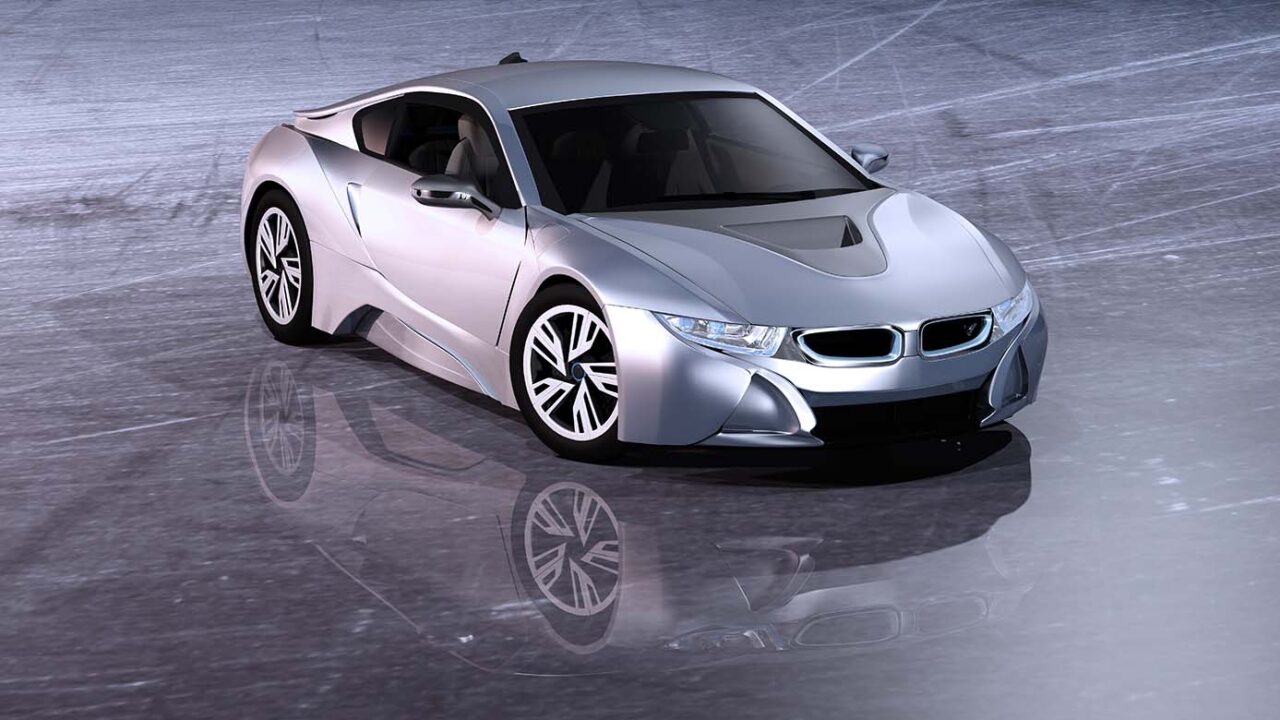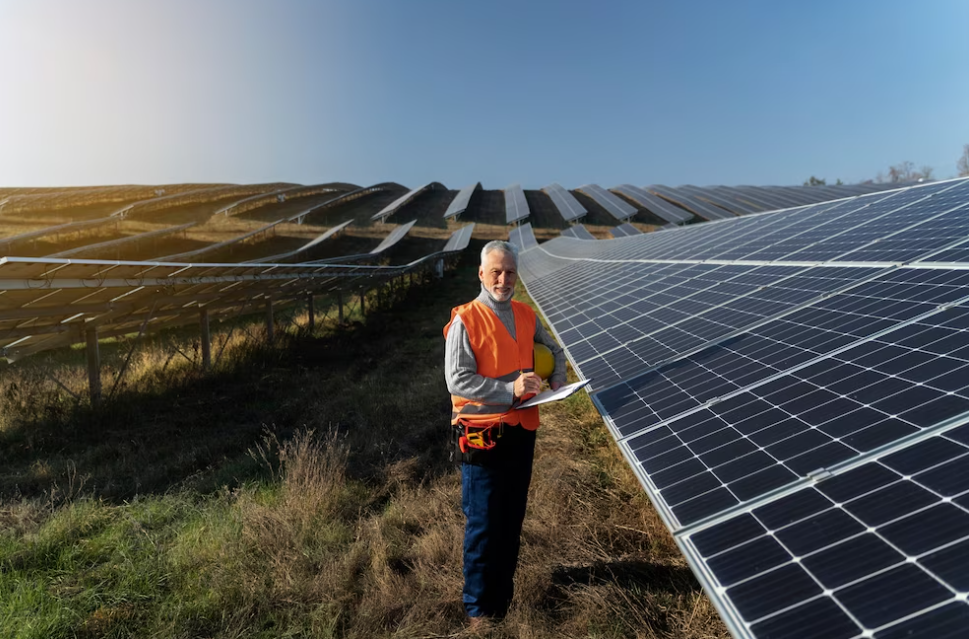As people become more aware of their environmental impact, many are looking to find ways to reduce their carbon footprint while still getting to where they need to go in an efficient manner – electric cars have become increasingly popular as they address this need in today’s world by reducing pollution, lowering operating costs, enhancing safety, and providing tax incentives and subsidies.
Green-Energy Cars Benefits
Reduced Pollution: Electric cars produce zero tailpipe emissions with their electric motors compared to conventional vehicles that emit dangerous fumes and contaminants into the atmosphere. This means fewer greenhouse gases are released into the air, resulting in less air pollution which helps to protect the environment from further damage. Additionally, electric cars don’t require frequent oil changes or exhaust maintenance like combustion engine cars do so they have a much lower environmental impact over time.
Lower Operating Costs: Electric vehicles are more fuel efficient than gas-powered cars since they only need electricity to run rather than gasoline or diesel fuel which can be costly depending on where you live and current market prices. Additionally, electric vehicles have fewer parts than combustion engines so they tend to require less maintenance over time as well as have cheaper repair costs when something does need to be fixed – this means that long-term ownership of an electric car can often be much more affordable than traditional gas powered options if you plan on keeping it for a while!
Increased Safety: Electric vehicles are significantly quieter due to their lack of a noisy combustion engine and this can help to improve safety on the roads. It is easier for pedestrians to hear cars coming when they are quieter which can help reduce the number of accidents involving pedestrians or cyclists since they will have more time to react before a car reaches them. Additionally, electric vehicles tend to be lighter than traditional cars which means they reach their maximum acceleration faster – this provides increased safety when making sudden maneuvers or avoiding potential hazards.
Tax Incentives and Subsidies: Many governments offer incentives or subsidies for those who purchase green-energy vehicles such as electric cars in order to encourage people to switch from fossil fuels and reduce their carbon footprint. These incentives can range from reduced registration fees, tax credits, access to certain roadways, or even free parking in some cases – depending on your region these can add up quickly and save a lot of money over time!

Considerations for Purchasing a Green-Energy Car
Availability of Recharging Stations: The availability of charging stations is an important consideration when purchasing an electric vehicle as it provides convenience while out on the road so you don’t have to worry about running out of power while away from home – if there are not many charging stations in your area, this could be a major limiting factor for you.
Cost of the Vehicle and Maintenance Expenses: Electric vehicles tend to cost more than their non-electric counterparts and this is something to consider when deciding which type of car to buy – additionally, electric car maintenance costs can be higher due to the need for specialized mechanics who are familiar with electric cars and the parts they use. This means that while they may be cheaper in terms of fuel costs over time, they may not necessarily save you money in terms of initial purchase price or ongoing maintenance expenses. Also read about best grease for ball joints.
Range on a Full Charge: The range on a full charge is an important factor when looking at an electric car – it will depend heavily on how far you drive per day as well as what kind of terrain you are driving through (hills or flat land etc). Most electric cars today have a range between 100-200 miles on a full charge but this can vary depending on the model so make sure to do your research before making any decisions!
Conclusion
In conclusion, owning an electric vehicle can provide many benefits such as reduced pollution, lower operating costs, increase d safety features, and tax incentives and subsidies – however there are also some considerations to keep in mind such as the availability of recharging stations, the cost of the vehicle and maintenance expenses, and range on a full charge. Taking all these factors into consideration can help you make an informed decision about whether or not a green-energy car is right for you.








